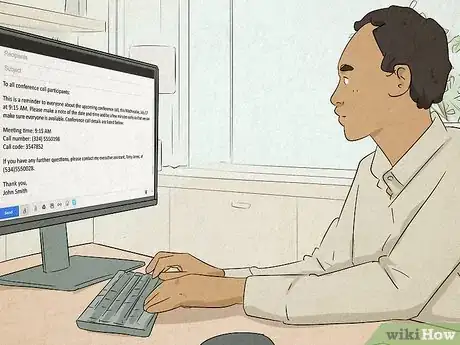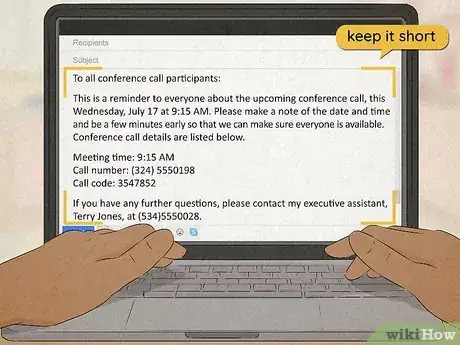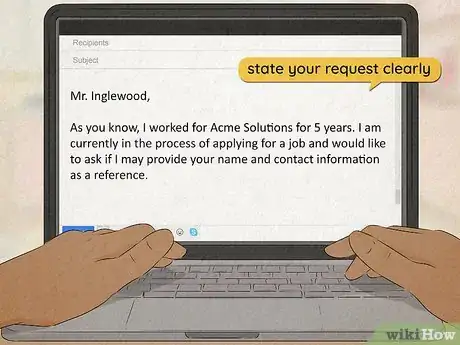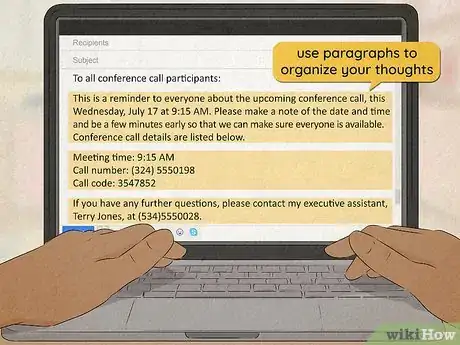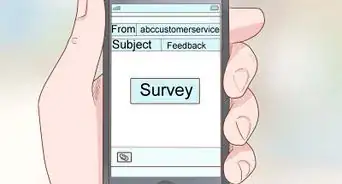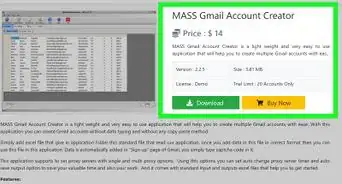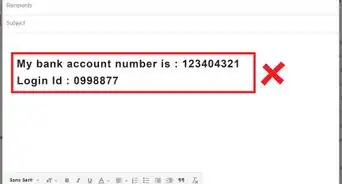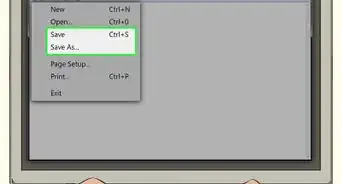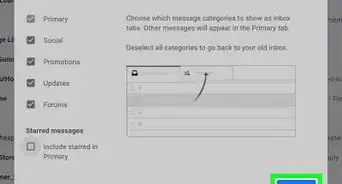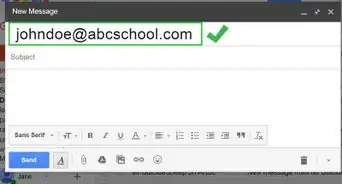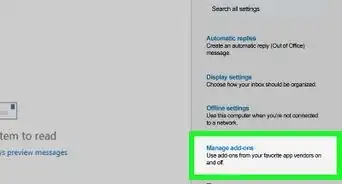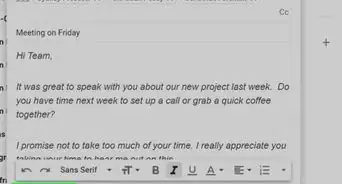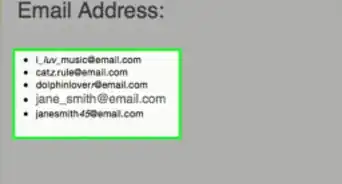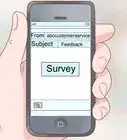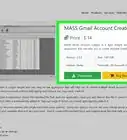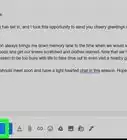This article was co-authored by Amber Rosenberg, PCC and by wikiHow staff writer, Hannah Madden. Amber Rosenberg is a Professional Life Coach, Career Coach, and Executive Coach based in the San Francisco Bay Area. As the owner of Pacific Life Coach, she has 20+ years of coaching experience and a background in corporations, tech companies, and nonprofits. Amber trained with the Coaches Training Institute and is a member of the International Coaching Federation (ICF).
There are 7 references cited in this article, which can be found at the bottom of the page.
This article has been viewed 26,757 times.
If you’ve been working for a while, you probably know just how important emails are. Since there’s no way to convey tone or body language over the internet, it’s easy to misinterpret someone’s message when you see it on a screen. Keep reading to learn how you can write emails that are clear, concise, and effective in a professional setting.
Steps
Warnings
- Even though emojis and emoticons indicate tone, don't use them for a professional email.⧼thumbs_response⧽
- Don't send insulting or inflammatory emails, especially to a person you don't know very well.⧼thumbs_response⧽
- If the subject matter of your email is sensitive — ie. you have to give someone difficult feedback or you have a difficult request — or has any potential to be misunderstood, it's usually better to pick up the phone and speak with the person than it is to send an email.[13]⧼thumbs_response⧽
References
- ↑ https://www.entrepreneur.com/article/250279
- ↑ https://www.businessinsider.com/the-perfect-way-to-start-an-email-and-greetings-you-should-avoid-2016-5
- ↑ https://www.entrepreneur.com/article/250279
- ↑ https://www.forbes.com/sites/darrenmenabney/2020/07/12/how-to-avoid-disaster-when-sending-emails-across-cultures
- ↑ https://blog.tdsbusiness.com/tips-advice/tips-for-avoiding-email-miscommunication-2/
- ↑ https://www.entrepreneur.com/article/250279
- ↑ https://www.entrepreneur.com/article/250279
- ↑ https://hbr.org/2020/03/10-digital-miscommunications-and-how-to-avoid-them
- ↑ https://hbr.org/2020/03/10-digital-miscommunications-and-how-to-avoid-them
- ↑ https://www.psychologytoday.com/us/blog/contemporary-psychoanalysis-in-action/201502/why-is-there-so-much-miscommunication-email-and
- ↑ https://www.psychologytoday.com/us/blog/contemporary-psychoanalysis-in-action/201502/why-is-there-so-much-miscommunication-email-and
- ↑ https://hbr.org/2020/03/10-digital-miscommunications-and-how-to-avoid-them
- ↑ Amber Rosenberg, PCC. Pacific Life Coach. Expert Interview. 8 July 2022.
